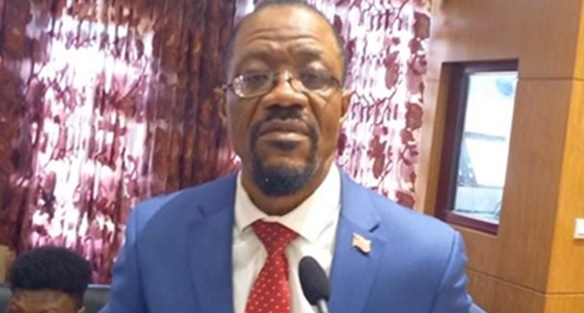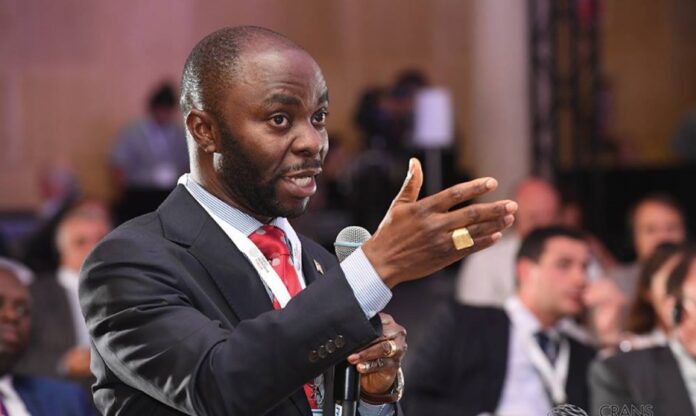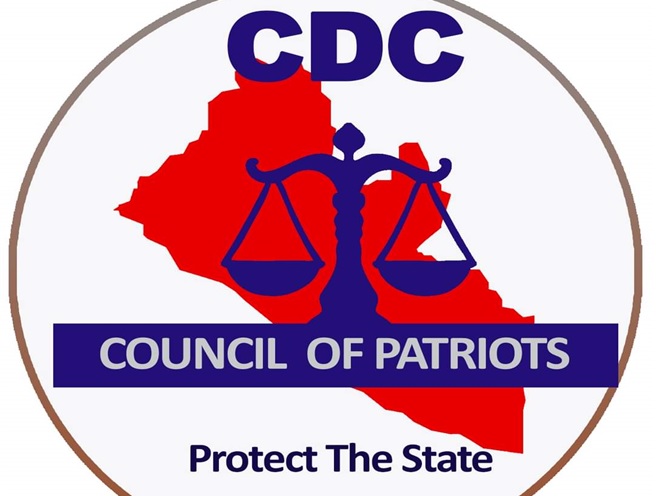MONROVIA, LIBERIA – President Joseph Boakai has suspended Aloysius Tarlue, the Governor of the Central Bank of Liberia (CBL), following a recent audit by the General Auditing Commission (GAC). The suspension was announced by Information Minister Jerolinmek Piah during a press briefing at the Ministry of Information, Cultural Affairs, and Tourism (MICAT) on Tuesday.
Minister Piah stated that the decision to suspend Governor Tarlue is a direct consequence of the GAC audit report. The audit, which scrutinized the operations and financial management of the CBL, uncovered issues that necessitated Tarlue’s temporary removal from his position. “Governor Tarlue will be suspended to answer to the audit report by the GAC,” Minister Piah declared, underscoring the administration’s dedication to ensuring accountability and transparency within its institutions.
The GAC audit report has highlighted several concerns regarding the management and oversight of the Central Bank, prompting the government to take immediate action. The suspension is intended to allow for a thorough review and resolution of the issues raised in the audit, ensuring that any discrepancies or mismanagement are addressed appropriately.
President Boakai’s administration has positioned itself as a proponent of good governance and transparency. By acting on the audit’s findings and suspending Tarlue, the administration aims to reinforce its commitment to these principles and restore public confidence in the CBL’s operations.
As the suspension takes effect, the Central Bank will be overseen by an interim leadership team while the audit findings are reviewed and addressed. The government’s swift response reflects its intention to address any potential irregularities and uphold the integrity of Liberia’s financial institutions.
According to some political commentators, the suspension of Governor Tarlue marks a significant step in the ongoing efforts to improve governance and transparency within Liberia’s public sector, adding the outcome of the audit and subsequent actions will be closely monitored by both local and international observers, as the country continues to navigate challenges in its economic and financial management systems.







